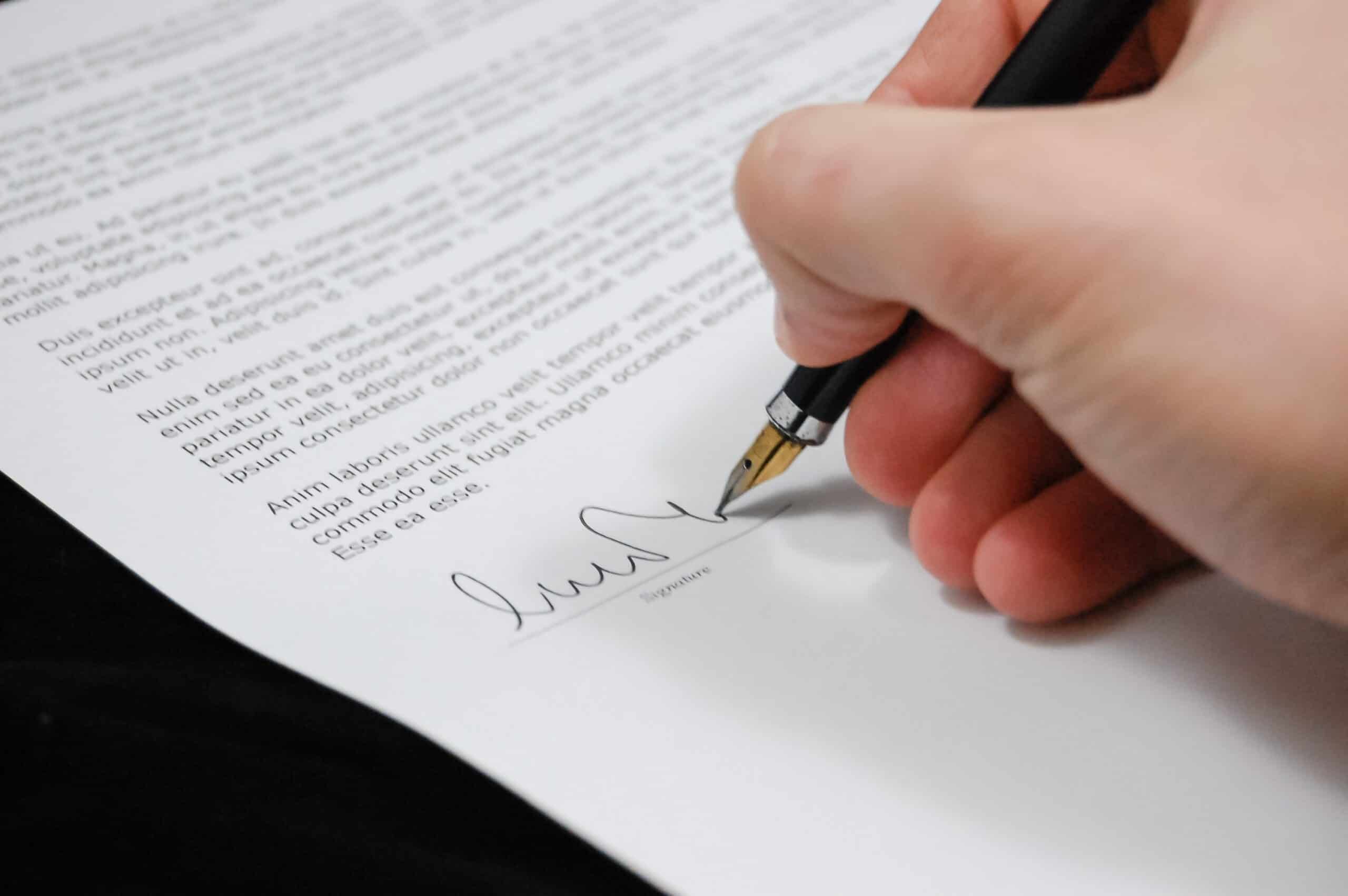Article Mr. AW Dolphijn – “How do you value a franchise company with a discharge loan?” – dated August 14, 2020
A discharge loan is a proven means of franchisors to
long-term franchisees. A problem may arise
about how the franchise company should be valued as a
participant exits. The Amsterdam Court of Appeal (Entrepreneurship Chamber)
ruled on 16 June 2020, ECLI:NL:GHAMS:2020:2001, on such
matter.
Two parties were shareholders in a franchise company. One of the
shareholders was forced to sell and transfer the shares to
the other. The Amsterdam Court of Appeal (Ondernemingskamer) ruled that the
sale price of the shares of the franchise company had to be determined
be performed by an expert.
It is established that the franchise company has taken out a discharge loan
with the franchisor. In this case, that means that the
franchise company had received an amount of € 3,750k, which amount in
20 years is gradually waived, under the condition that
the franchise agreement continues. In addition to this, a
stipulation that the franchise company pays the franchisor a fee of
€ 500k is due if in the period of said 20 years no
use is made of the interim extension options of the
franchise agreement. In this way, the franchisor knows the
franchise company. At the time of sale of the
shares, the discharge loan is still approx. € 2.7 million. big.
The expert appointed by the Court of Appeal estimates the purchase price at the
on the basis of the value of the expected future free cash flows of
the franchise company. When valuing the franchise business
the discharge loan is valued at zero by the expert. because of this
the value of the company increases, as does the buyout price. The
seller states that the discharge loan is not at zero value, but at
nominal value should have been deducted from the enterprise value
brought. This would significantly increase the selling price.
The Court of Appeal considers that the valuation, based on the continuation of
current operation, is based on the assumption that the
franchise agreement with the franchisor in its entirety
franchise business is fulfilled. Defensible is that that – long-lasting
– commitment to the franchisor has any depressing effect on the
value of the company, because the franchise company with it in any
degree is limited in its entrepreneurial freedom. However, the
valuation basis is based on the forecast of the future free
cash flows and the premise that the franchise agreement would be fulfilled
become. This justifies that no value is assigned to the
possibility that the franchise company will not change the existing franchise agreement
will not continue.
It is very important to have good participations in franchise companies
make agreements about the possible termination of the cooperation.
An arrangement about valuation and price should certainly not be missing
of everyone’s participation.
mr. AW Dolphijn – franchise lawyer
Ludwig & Van Dam Franchise attorneys, franchise legal advice. Want
you respond? Go to dolphijn@ludwigvandam.nl

Other messages
Franchisor fails by invoking a non-compete clause
Although a non-compete clause is validly formulated in a franchise agreement, a situation may arise that is so diffuse that the franchisor cannot invoke it.
Acquisitions and Franchise Interest
It will not have escaped anyone's attention, certainly in the last year it can only be concluded that the Dutch economy is once again on the rise.
Which court for a rental and franchise agreement?
Which court is competent to rule on a related rental and franchise agreement?
Interview Franchise+ – mrs. J. Sterk and AW Dolphijn – “Reversal burden of proof in forecasts honored by court”
The new Acquisition Fraud Act indeed appears to be relevant for the franchise industry, according to this article from Franchise+.
Franchisor convicted under the Acquisition Fraud Act
For the first time, a court has ruled, with reference to the Acquisition Fraud Act, that if a franchisee claims that the franchisor has presented an unsatisfactory prognosis
Agreements Related to the Franchise Agreement
On 31 October 2017, the Arnhem-Leeuwarden Court of Appeal issued similar judgments for nineteen franchisees (ECLI:NL:GHARL:2017:9453 through ECLI:NL:GHARL:2017:9472).




